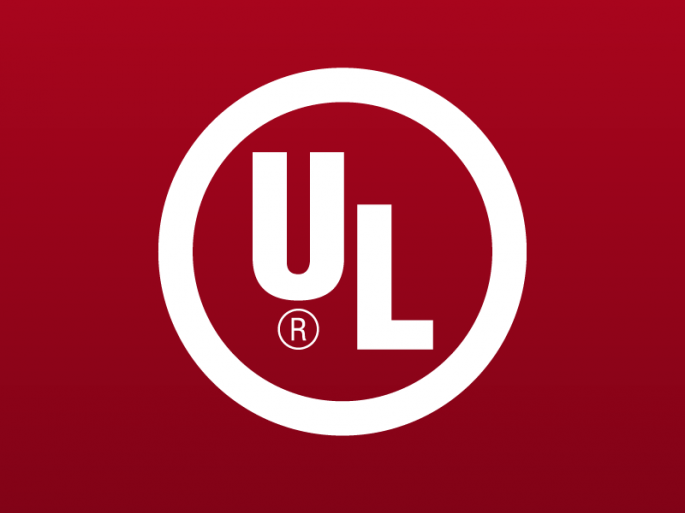The world of UL Certifications can be a confusing place. With a revised UL certification that will impact fuel marketers expected to be released later this year, it is important that fuel retailers have a basic understanding of what existing and future UL certifications mean to their operation.
Q: What does a UL standard certify?
A: UL tests products to ensure they meet the UL’s safety standards. A certification simply means the product has been tested and has met those standards.
Q: How do the UL standards apply to fueling equipment?
A: There are numerous certifications for various kinds of fuel equipment — from pumps to swivel connectors. The key UL certifications — 87, 87A, 87B, and 87C — certify that dispensing devices, ranging from dispenser impact valves to hanging hardware, are fire-rated for use with a host of common fuel types.
Q: What will the new standard coming out later this year certify?
A: Details are still pending, but a revised certification of UL 2586, which could be released as soon as April, is expected to address ethanol blends and new fuels.
Q: What are common misconceptions about UL Certifications?
A: While UL Certifications are a valuable benchmark for safety, they are limited to the specific criteria of UL standards, which does not certify product compatibility. Product manufacturers are responsible for demonstrating compatibility.
For help navigating the world of UL certifications, contact your local Source representative or call 800-572-5578.




